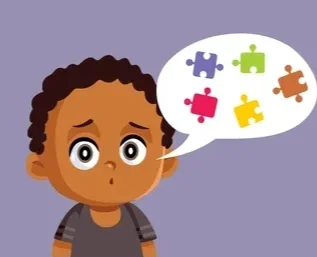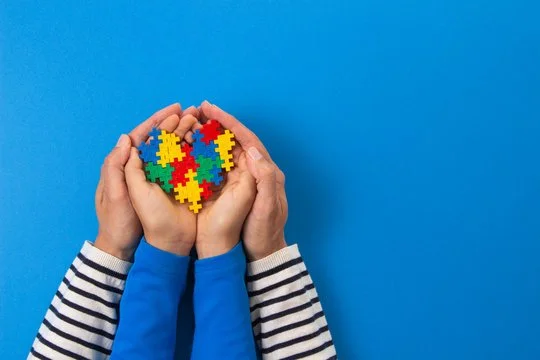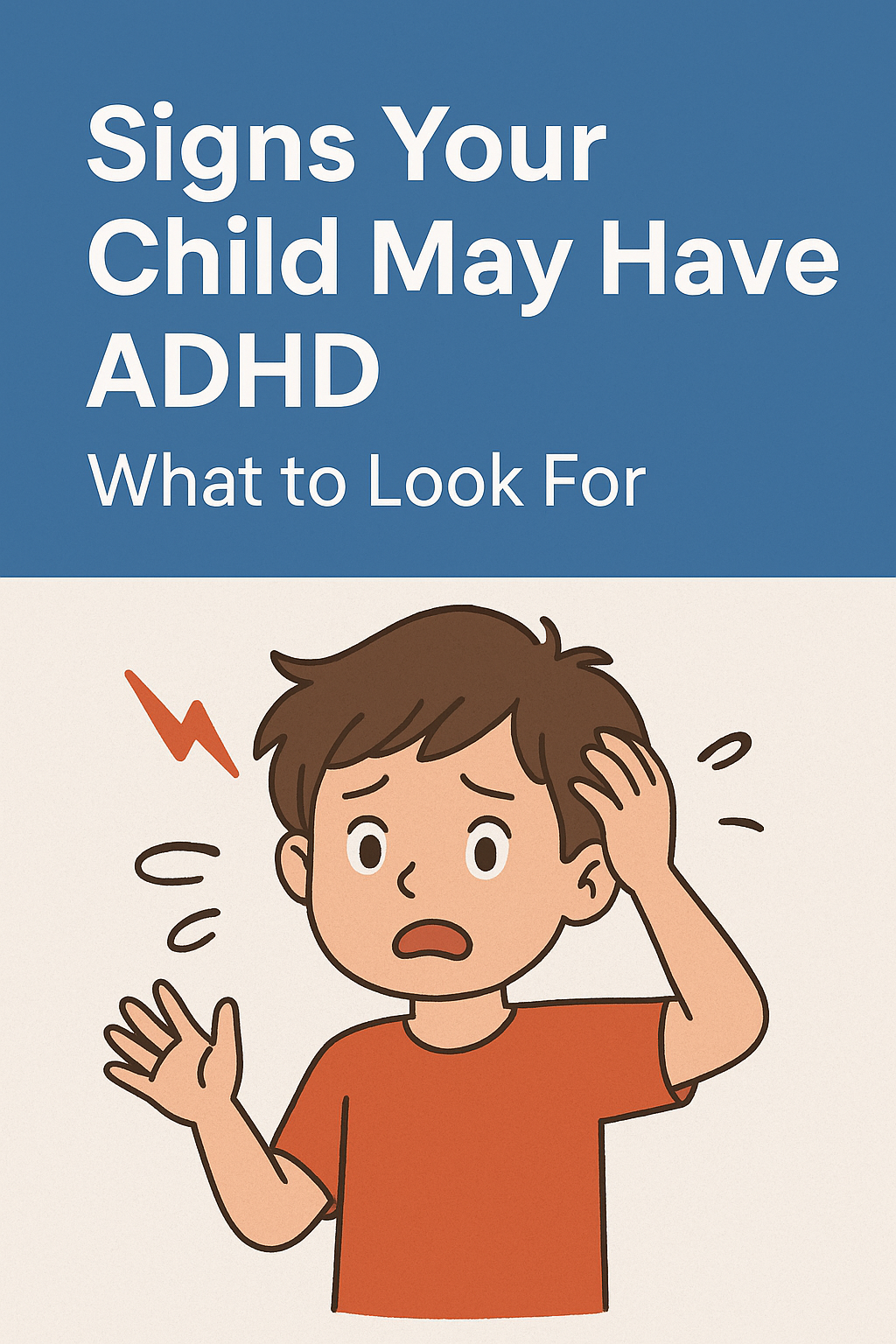
When Are Tantrums More Than “Normal”?
While tantrums are a normal part of early childhood, unusually frequent, severe, or persistent outbursts may signal a deeper issue. This post explains how to recognize when tantrums go beyond typical behavior and what steps parents can take to support their child

Strategies for Helping Your Child with Social Skills
Social skills are the building blocks of friendships and successful interactions. This post highlights practical strategies parents can use at home to help children develop strong social skills, from role-playing and playdates to teaching emotion recognition and conversation skills.

Identifying Sensory Processing Issues at Home
Sensory processing issues can affect how children experience everyday sights, sounds, and textures, often leading to challenges at home. This post outlines common signs of sensory sensitivities and offers practical tips for parents to identify and support their child’s unique sensory needs.

How to Support Emotional Regulation in Young Children
Emotional regulation is a vital skill for young children, shaping how they handle frustration, interact with others, and succeed in school. This post explores practical strategies parents can use to help children recognize, express, and manage their emotions, laying the groundwork for lifelong resilience and well-being.

Dyslexia in Children: What Parents Need to Know
Dyslexia is a common learning difference that can affect a child’s reading, writing, and confidence in school. In this post, we break down what dyslexia is, how to spot the early signs, and what steps parents can take to support their child’s learning journey. Understanding dyslexia empowers families to seek timely help and ensure every child has the opportunity to thrive.

How Speech Delays Affect Learning and Social Skills in Young Children
Speech delays in young children can impact much more than just their ability to talk—they can also affect learning, reading, and making friends. In this post, we explore how speech and language delays influence a child’s academic progress and social development, and why early intervention is so important. Understanding these connections can help parents recognize when to seek support and ensure their child has the best possible start.

Early Warning Signs of Autism in Toddlers: What Parents Should Know
Early detection of autism spectrum disorder (ASD) can make a significant difference in a child’s development and quality of life. In this post, we’ll explore the early warning signs of autism in toddlers, including social communication challenges, repetitive behaviors, and developmental differences. Understanding what to look for can help parents recognize when their child may benefit from further evaluation and support. Empower yourself with knowledge about the earliest signs of autism and learn how early intervention can lead to the best possible outcomes.


Understanding Your Child’s Developmental Milestones
Learn how to track your child’s developmental milestones in motor, language, cognitive, and social skills. Discover tips to support growth and know when to seek help. Schedule a consultation with Dr. Nidsy Mejia Roque for personalized guidance.

Stress-Free Back-to-School: Practical Advice for Families
Get expert back-to-school tips from Dr. Nidsy Mejia Roque, a Florida Developmental & Behavioral Pediatrician. Learn practical strategies to help your child thrive academically, emotionally, and socially this school year.

Helping Your Child Thrive: Behavioral Interventions for ADHD
At home interventions to help your child improve their behavior

Navigating ADHD in children: a parent’s basic guide
Are you concerned about your child’s behavior and grades? Here’s a basic guide about ADHD, from initial symptoms to treatment
